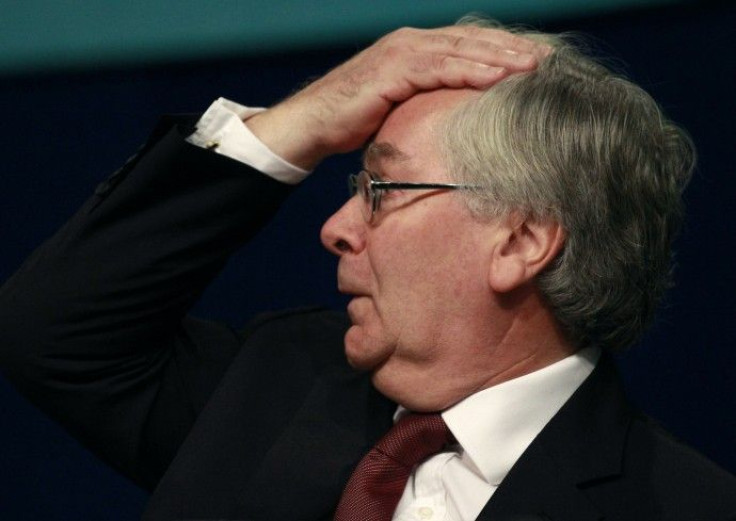Wikileaks document reveals BoE chief's concerns about PM Cameron

Among the many juicy tidbits revealed by the recently published Wikileaks documents were Bank of England (BoEE) chief’s Mervyn King’s concerns about Prime Minister David Cameron’s lack of experience.
According to a diplomatic cable Wikileaks acquired, and published by the Guardian newspaper, U.S. Ambassador Louis Susman informed Secretary of State Hillary Clinton by letter that during a mid-February meeting with King (ahead of the British elections in May) that “King expressed great concern about Conservative leaders’ [Cameron] lack of experience.”
Moreover, according to Susman, King “opined that party leader David Cameron and Shadow Chancellor George Osborne have not fully grasped the pressures they will face from different groups when attempting to cut spending.”
For his part, Cameron has publicly backed King and said the BoE boss is “doing a good job,” according to a spokesman.
In response to the potentially embarrassing revelations, a spokesman for the Bank of England stated: “The Governor [King] has a very effective relationship with both the Chancellor and the Prime Minister.”
King may have other troubles from various other fronts as well.
Policymaker Adam Posen recently said he was “uncomfortable” with the BoE’s support for the coalition government’s deficit reduction program. He warned such support was “too political, too much of a statement.”
Alistair Darling, the fomer UK finance minister, warned of the dangers of the central bank getting too close to any political party.
“The bank must think long and hard about what it says,” Darling wrote in the Financial Times. “To become identified with one political party would be fatal to its reputation. It is imperative that the independence of the bank remain absolute.”
Most dramatically, former BoE policy maker David Blanchflower has called on King to quit his position.
In a piece published in The Guardian, Blanchflower said King “committed the unforgivable sin of compromising the independence of the Bank of England by involving himself in the economic policy of the coalition. He is expected to be politically neutral but has shown himself to be politically biased and as a result is now in an untenable position. King must go.”
Blanchflower also said that King's thirst for power and influence had clouded his judgement one too many times.
King is scheduled to step down after his second five- year term as BoE Governor on 30 June 2013.
© Copyright IBTimes 2024. All rights reserved.











